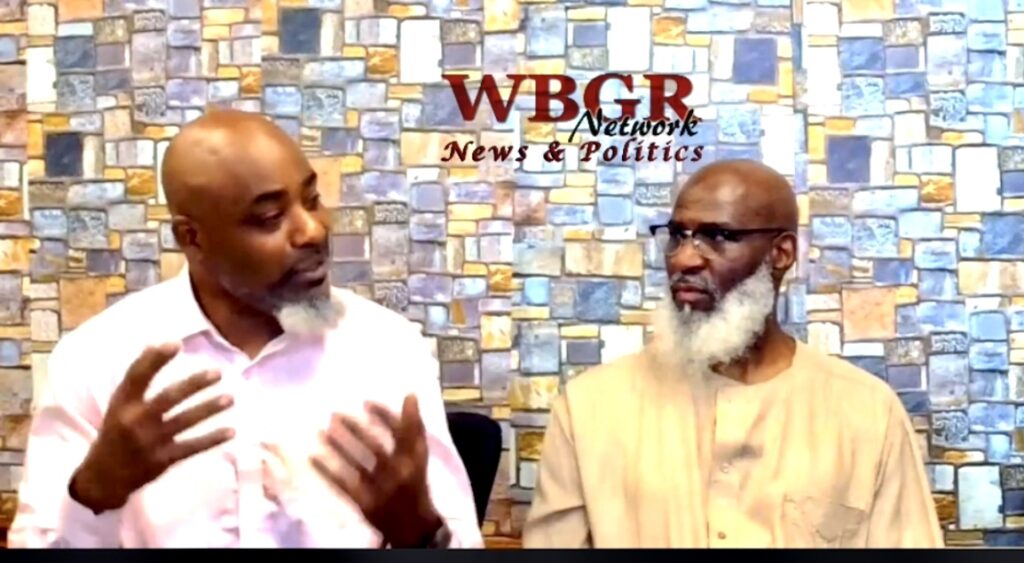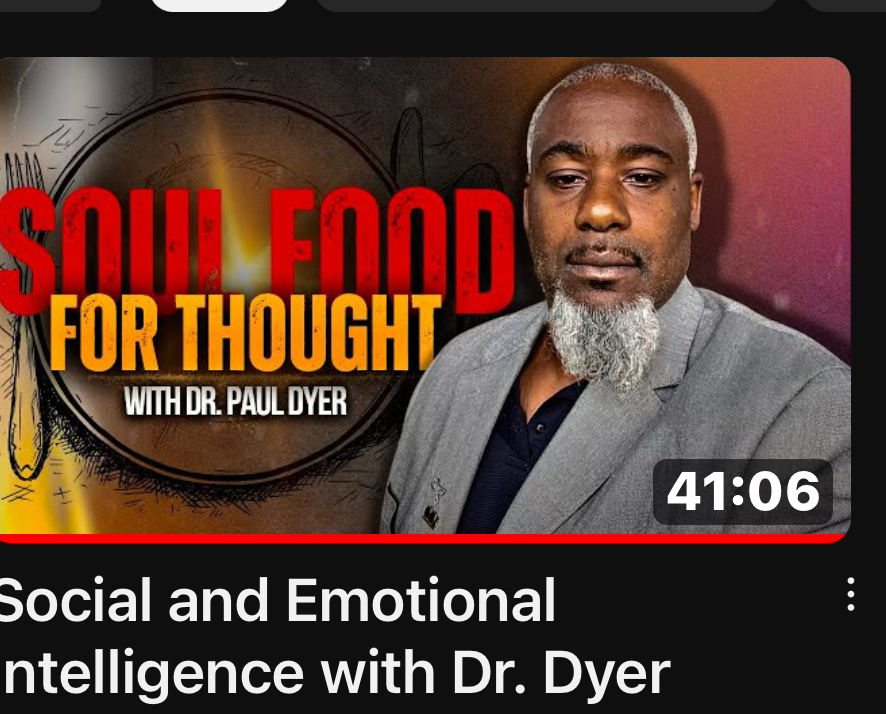
Our lives have been intertwined since the beginning of time. We have developed borders, which created wars and inequality. The way I see us healing and unifying is through emotional intelligence. Some individuals may naturally excel in emotional intelligence, it is a skill that can be learned and developed over time. By investing in training and practicing key strategies, individuals can enhance their emotional intelligence and reap the benefits in various aspects of their lives.
“inCity Magazine celebrates the kaleidoscope of perspectives in each article. The views expressed herein are the unique brushstrokes of our guest writers, painting the canvas of their thoughts. These ideas, like stars in a constellation, shine independently and do not necessarily align with the orbit of inCity Magazine or its advertisers. This is to explores…
Developing emotional intelligence not only improves individual well-being but also contributes to healthier relationships, effective leadership, and overall success. As we continue to recognize the significance of emotional intelligence, let us embrace the journey of growth and self-improvement to create a more emotionally intelligent future for ourselves and those around us.
While metrics and data are commonly used to assess various aspects of human abilities, they fall short when it comes to capturing the full spectrum of emotional behavior and intelligence. What data cannot understand is in personal relationships, emotional intelligence plays a vital role in fostering empathy, communication, and conflict resolution. Individuals with high emotional intelligence are better equipped to understand their own emotions and those of others, leading to healthier and more fulfilling connections. Unlike cognitive abilities that can be assessed through standardized information, emotions are subjective and context-dependent, making them challenging to quantify. The richness and complexity of human emotions cannot be reduced to simple metrics or numerical scores.
There is so much to learn about ourselves, but it takes a long pause to investigate our own thoughts. This self-awareness is not for you to apologize, but to understand what and who you are in this life, and why you would use data without using human discernment who studies human behavior. I find this important, because these micro actions and thoughts we have are the same reason we have such high miss understandings with others and ourselves. These micro turn into macro wars, arguments, and destructive battles. The human brain is a complex organ that plays a critical role in processing emotions and logical reasoning. One intriguing aspect of brain function is the way it processes emotional actions into what and why we do things. Emotional intelligence involves a high degree of self-awareness, empathy, social skills, and emotional regulation, all of which are deeply personal and context-dependent qualities. These qualities are not easily captured by standardized metrics, as they require a deep understanding of individual experiences, motivations, and values.

I have seen how low-level emotional intelligence has cost individuals their homes, their businesses, and above all their family and health. All things can be corrected through training not just education. In today’s fast-paced and interconnected world, the need for emotional intelligence has never been more critical. As societies grapple with complex challenges ranging from social inequality and political polarization to environmental degradation and mental health issues, emotional intelligence can serve as a powerful healing force, transforming individuals, communities, and societies for the better.
There has been a notable shift in societal values toward recognizing emotional intelligence as a crucial form of intelligence. The limitations of metrics and standardized tests are valuable tools for assessing certain aspects of human abilities, such as cognitive skills and academic achievement. However, when it comes to emotional behavior and intelligence, metrics have significant limitations. Attempting to measure these complex and multifaceted qualities using simplistic metrics can lead to oversimplification, bias, and misinterpretation of individuals’ emotional capabilities. Moreover, relying solely on metrics to assess emotional behavior and intelligence can undermine the intrinsic value and uniqueness of these qualities. By reducing emotional experiences and intelligence to numerical scores, we risk overlooking the richness and diversity of human emotions and interpersonal skills.
We cannot oversimplify impairs the prefrontal cortex, the part of the brain in the frontal lobe that regulates rational thought. The amygdala is a key brain structure involved in the processing of emotions, including guilt. It plays a crucial role in the formation of emotional memories and the interpretation of emotional stimuli. When the amygdala becomes activated, triggering a cascade of neural activity that signals false actions. By examining the reasons behind the growing importance of emotional intelligence in various aspects of life. By analyzing the benefits of emotional intelligence in personal relationships, professional settings, and mental well-being, we aim to demonstrate why emotional intelligence is increasingly regarded as the primary form of intelligence in contemporary society.
Transforming Leadership and Decision-Making In the realm of politics, business, and other spheres of influence, emotional intelligence is increasingly valued as a key leadership trait. Don’t be fooled by the intelligence of a person who hides their lack of emotional intelligence. With training you can recognize the difference. I have also seen an increase in people who refuse to get training, because their interpretation of themselves is in a box of self-absorption and not self-awareness.
The shift towards recognizing emotional intelligence as the premier form of intelligence and combining metrics and data in modern society reflects the increasing awareness of the importance of emotional skills in personal, professional, and mental well-being.
As we navigate the complexities of the modern world, the ability to understand and humans and emotions effectively is becoming ever more crucial for success and fulfillment in all areas of life. By cultivating our understanding on humans and them why in actions with emotional intelligence understand, we can enhance our relationships, excel in our careers, and safeguard our mental well-being. While metrics and standardized data have their place in assessing certain abilities, they fall short when it comes to capturing the full spectrum of human behavior and intelligence. To truly understand and appreciate these qualities, we must look beyond numerical numbers and embrace the richness and diversity of human emotions and interpersonal skills. Emotional behavior and intelligence cannot be reduced to metrics but must be approached with empathy, understanding, and a recognition of their inherent complexity. In short, with data and other forms of information, we still must see the human beings involved.
Written By: Dr. Paul W Dyer



